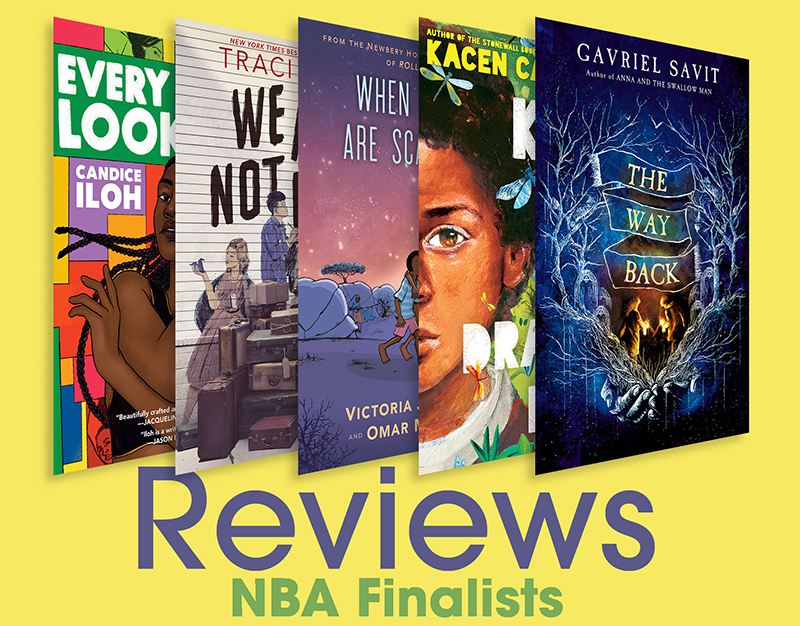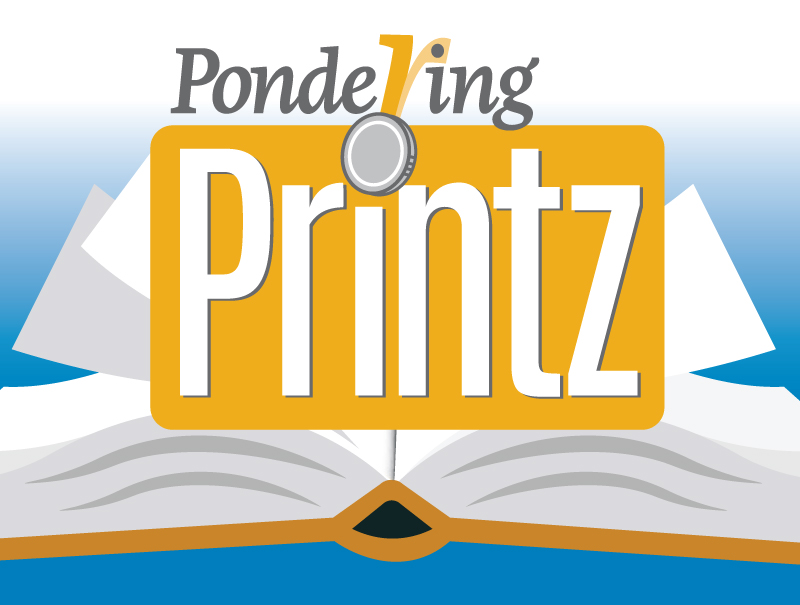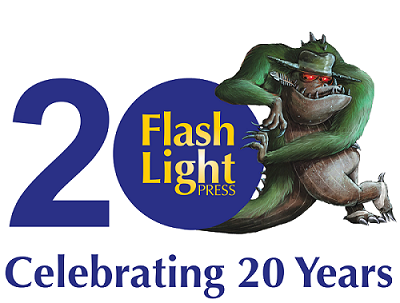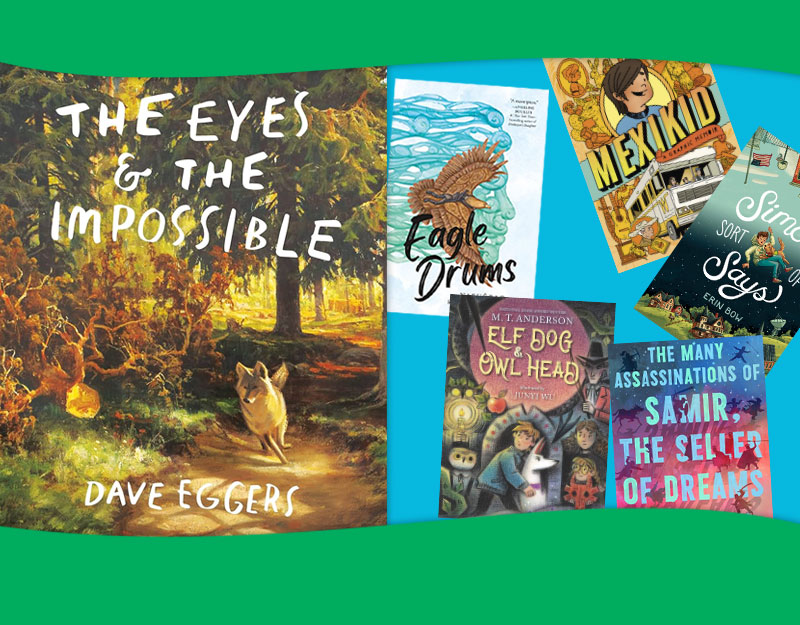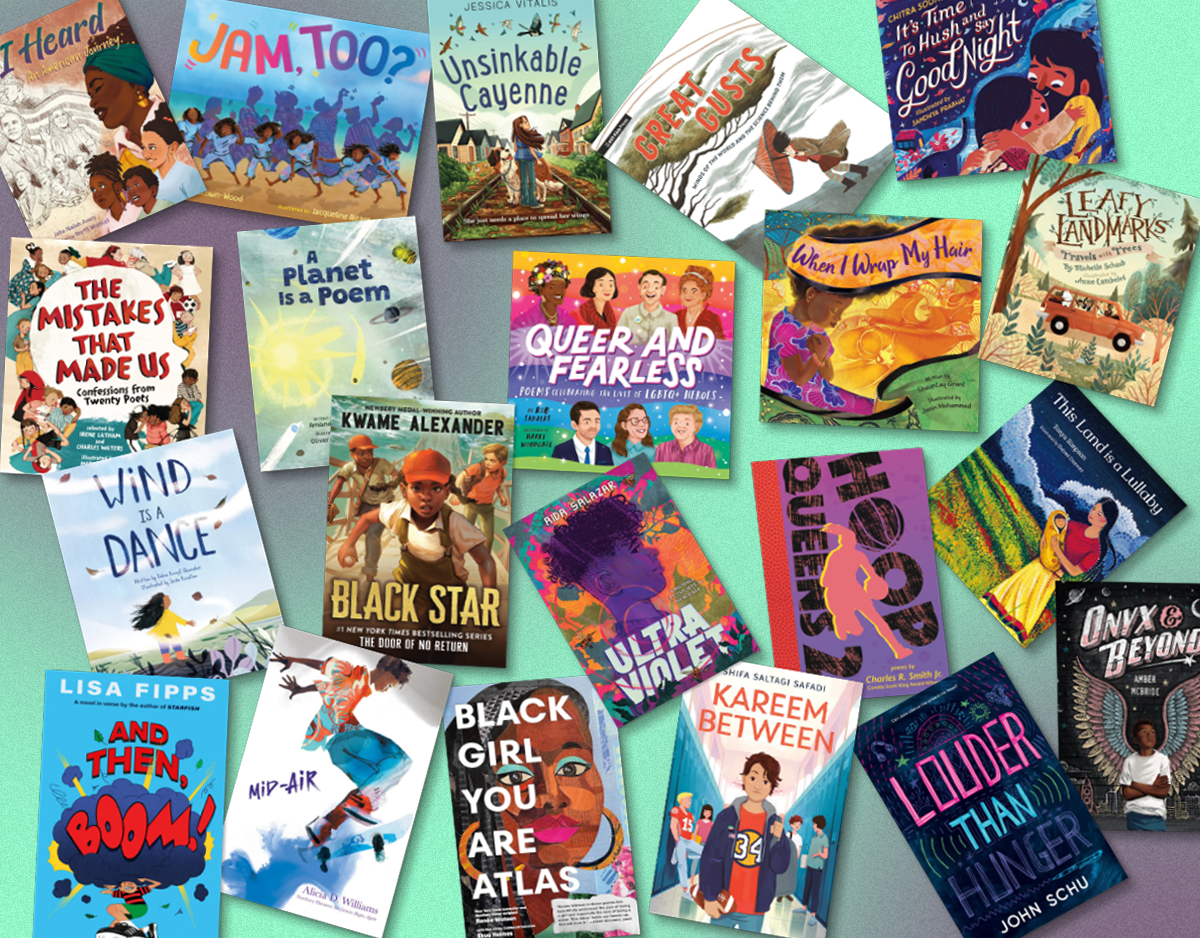And Tango Gets Banned Again? Book Banning Perspectives from Peter Parnell and Justin Richardson
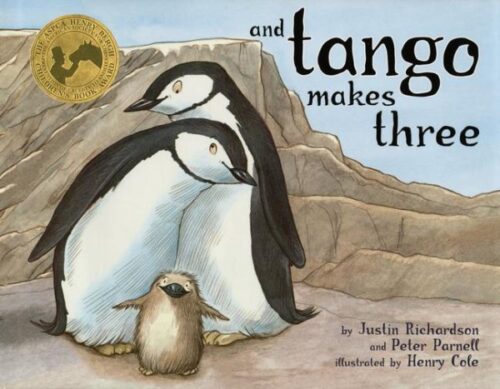
It will come as no surprise to you to hear that all across this country of ours, book banning of children’s book titles with LGBTQIA+ and BIPOC content is on the rise. Every year ALA releases its list of the books that have been banned the most, but those are just the bans that have been officially reported. Unofficially? The count is much higher.
Twas ever thus, but to this extent? Is the current wave of bans greater than the bans of 10, 15, or even 30 years ago? If you, like me, wonder about the similarities and differences between the current and past bans, wouldn’t it make sense to talk to someone who has lived through both?
ADVERTISEMENT
ADVERTISEMENT
Peter Parnell and Justin Richardson know a bit about being banned. They are, after all, the authors of the “gay penguin book”, And Tango Makes Three. And since its initial publication that book has been challenged and banned countless times. Heck, the American Library Association has reported that it was the most frequently challenged book between 2006-2010, and the second most frequently challenged in 2009. It was also the fourth-most banned book between 2000 and 2009, and the sixth-most banned book between 2010 and 2019.
It just made sense to ask Justin and Peter not simply about their book but about its place in the larger context of book bannings in America. As a duo that’s lived through it for more than a decade, I thought their perspective would be particularly key right now.
Betsy Bird: Peter and Justin, I cannot thank you enough for speaking with me today. Honestly, I’m so incredibly excited to talk to you because I feel like you have a perspective sorely lacking in today’s conversation about the current wave of book banning. Frankly put, you’re old hats at dealing with challenges. Your picture book AND TANGO MAKES THREE was released in 2005, 17 years ago. If it was a kid, it would be going to college now. And in those intervening 17 years it has faced not simply the current anti-Critical Race Theory crowd, but the previous iteration in the form of Tea Party book banners. My ask is that you cast your mind back to when TANGO was first published. You knew, due to the content, that there would be pushback. Did you have any conception of how much, though?
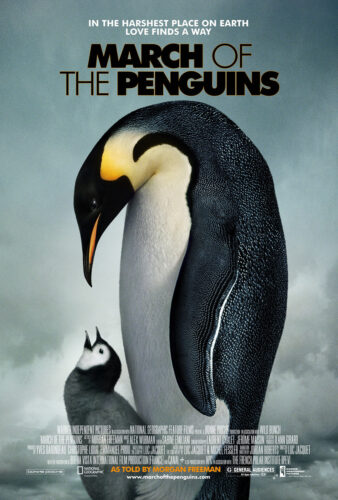
Peter and Justin: TANGO has indeed had a long history of controversy. We knew there might be pushback, but were we surprised at the degree? Yes. When the book was first published it received some wonderful reviews and great publicity, largely in the children’s book world itself. It took about a year and a half for TANGO to land on the radar of the Far Right – during a first culture war in which March of the Penguins was a huge hit, and conservative writers pointed to the movie as a demonstration of the theory of intelligent design and the biological basis for monogamy. Then other critics cited our book as an example of monogamous gay penguins, and suddenly everybody found out about it, there were challenges, attempts to remove it from schools and libraries, etc. And we became, to our surprise, a kind of tipping point. To be honest, once it became a central part of the culture wars we were both surprised, and, in some ways, delighted. We wanted the book to have an impact on the lives of children and families and we could see that was happening.
Betsy Bird: I love so much that this book has a tie-in to MARCH OF THE PENGUINS. This is new news to me. Of course, it used to be that AND TANGO MAKES THREE was one of the top banned books in the country. The American Library Association has reported that it was the most frequently challenged book between 2006-2010, and the second most frequently challenged in 2009. It was also the fourth-most banned book between 2000 and 2009, and the sixth-most banned book between 2010 and 2019. In more recent years it wasn’t appearing on the top ten lists anymore. Are you worried that with the new “Don’t Say Gay” bill in Florida that it might appear in the top ten again?
P & J: What’s happening now makes those old challenges seem almost quaint. When Tango topped the ALA Challenged books list, it was getting roughly 400 to 500 challenges each year across the country. That’s a very large number, of course, but what’s happened in Florida (and may happen in other states) dwarfs those numbers. It’s now law in Florida that if a book can be construed as providing instruction on sexual orientation or gender identity, it can’t be taught in grades K-3. The curtailment of intellectual freedom wrought by this law is profound and certainly beyond any obstacle our book has ever faced in the US.
Betsy Bird: Is there any particular incident related to someone banning or attempting to ban TANGO that stands out in your mind?
P & J: I think you never forget the first challenge. For us, that was in Missouri, when a library director who had received complaints moved our book from the fiction to the (less browsed) nonfiction section in order not to ‘blindside’ parents. The story got picked up by the AP (much thanks to a local news reporter who read library’s log looking for stories) and literally traveled around the world. Stephen Colbert held up the book on his satiric show, “The Colbert Report,” and proclaimed it the Number Two Threat to the American Way of Life (the number one threat was people who are not blond). Truthfully, it took the ALA a minute to catch up to what had happened. They first ran a piece in “American Libraries” defending the librarian, who they quoted as saying, “The bottom line is that Tango will remain accessible so the book can say to kids in non-nuclear families that they–the kids–are okay regardless of how we feel about their parents’ life choices.” You can probably imagine how we felt about that piece. So we reached out to Judy Krug, then the head of the ALA’s Office of Intellectual Freedom, and she and they and librarians all across the country quickly became our staunchest allies.
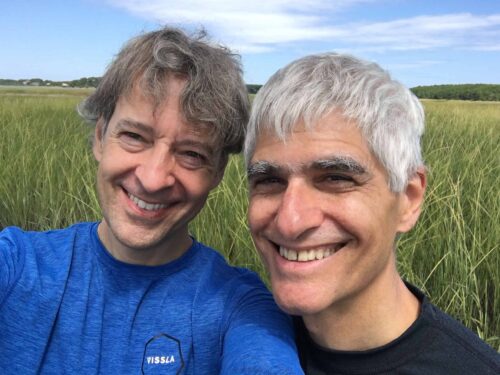
BB: Sometimes when a person discovers that their book is being banned somewhere, a well-meaning friend or individual will try to cheer them up by saying that the controversy will be good for book sales. What is the best response to give when someone says that to you?
P & J: That we may approve of the result, but not of the cause.
BB: Now under the aforementioned Florida bill, it would be illegal to read AND TANGO MAKES THREE in the classroom to kids. Combined with nationwide book banning efforts, how does this current wave of censorship compare to what you saw when TANGO first was published?
P & J: It’s more insidious and cynically motivated. Challenges in the past were often, though not always, brought by one or two parents who didn’t want their children to be influenced by reading our book. What we see now are politicians stoking and manipulating the fears and biases of parents in an effort to promote their own political careers.
ADVERTISEMENT
ADVERTISEMENT
BB: Some of the people facing the wrath of book banners around the country are new to this. What advice would you give to someone who is just having their book that they wrote and love banned somewhere for the first time?
P & J: There are powerful and effective national organizations that are there to support your work and are experts in these matters. They include the ALA’s Office of Intellectual Freedom, PEN America, the National Coalition Against Censorship, and the ACLU. Reach out to them and ask for their help. Then do what you can to support local groups in the community who may be able to organize a response to the challenge. We’ve seen activists show up at school board meetings in Loudon County, VA and parents stage a read-in with pajama-clad kids in Singapore. Local actions like these can be extremely effective.
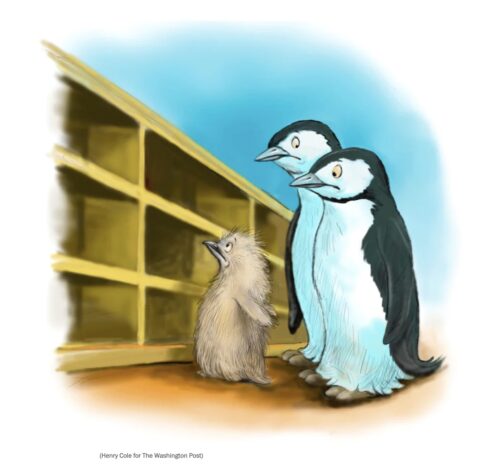
BB: Finally, is there anything in store for TANGO? If not, what’s new with you?
P & J: For the first time since publication, there will be a new drawing of Tango and her two penguin dads by Henry Cole, accompanying an Op-Ed piece we’ve written in the Washington Post. Welcome back, Tango!
BB: That piece is absolutely 100% one of my favorites right now. Thank you so much for directing my attention to it, and thank you for answering my questions today!
Thanks too to Alex Kelleher-Nagorski and the folks at Simon & Schuster for setting up today’s interview.
Filed under: Interviews
About Betsy Bird
Betsy Bird is currently the Collection Development Manager of the Evanston Public Library system and a former Materials Specialist for New York Public Library. She has served on Newbery, written for Horn Book, and has done other lovely little things that she'd love to tell you about but that she's sure you'd find more interesting to hear of in person. Her opinions are her own and do not reflect those of EPL, SLJ, or any of the other acronyms you might be able to name. Follow her on Twitter: @fuseeight.
ADVERTISEMENT
ADVERTISEMENT
SLJ Blog Network
Magda, Intergalactic Chef: The Big Tournament | Exclusive Preview
Fifteen early Mock Newbery 2026 Contenders
When Book Bans are a Form of Discrimination, What is the Path to Justice?
ADVERTISEMENT



